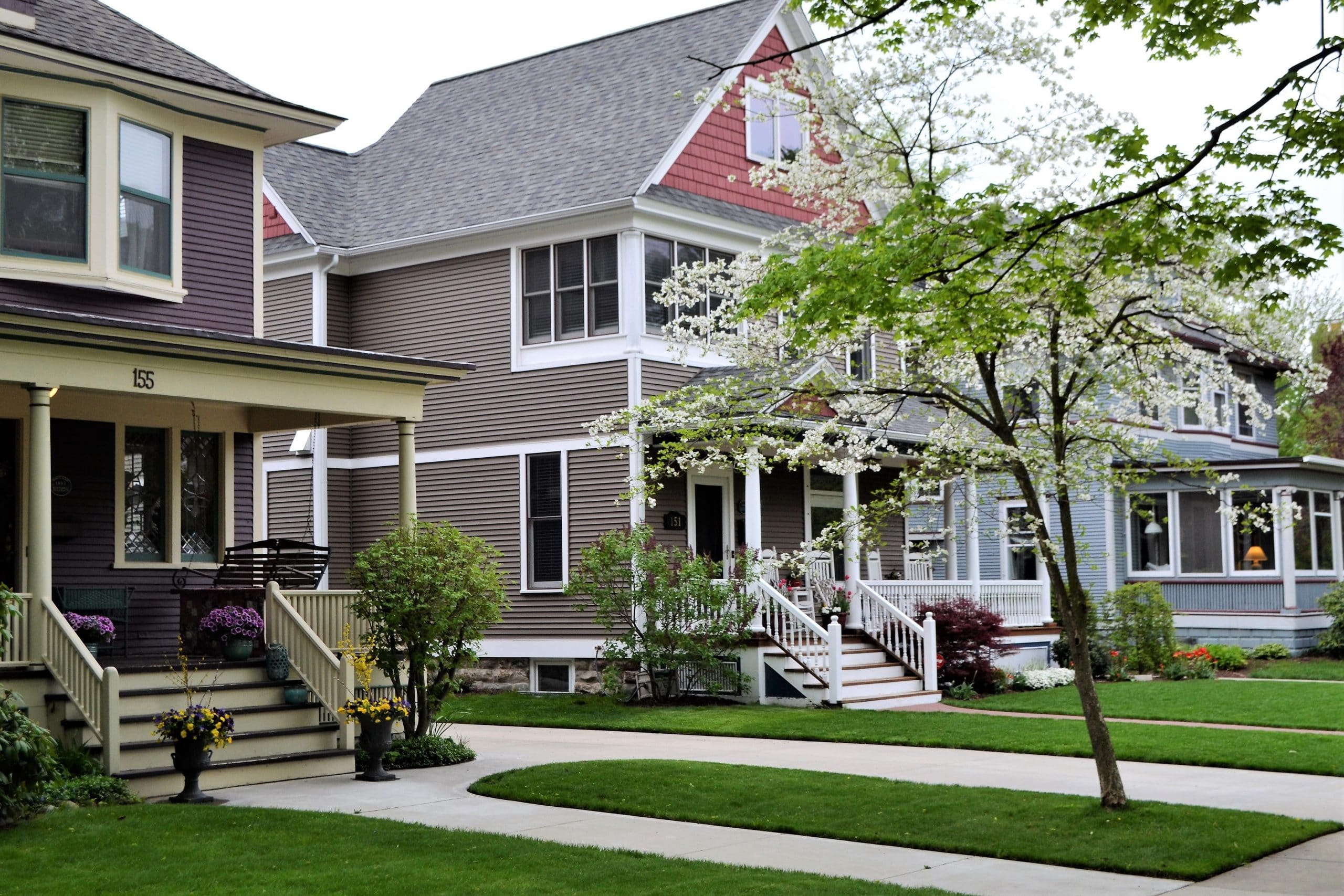Additional Considerations
- Personal liability “umbrella”
- Replacement cost valuation
- Fire & burglar alarms
- Business in the home
- Value of home contents
- Jewelry, collections, silver
- Sewer Back / Water Damage
- Earthquake coverage



A roof over your head gives you security, pride and, also, liability. Whether you’re renting, insuring your first home or protecting your dream home, you need to ensure that you have a good policy in place to shield you against financial losses if your property or belongings take a hit.
At AP insurance, we dedicate to helping you find the best policy that provides the right protection at the right cost. We also have special programs for people who operate a business in their home.




Do you have insurance to protect you if your apartment or rental house is damaged by fire, theft or accident?
Renter’s property and liability insurance is one of the most overlooked and under-used coverages. Many people don’t know that the landlord is responsible for the building, not your personal belongings.
Even more, if you were found to be liable for damages to the building, the landlord’s insurance company could sue you to recover the cost of repairing or rebuilding the structure. Tenant insurance can offer you financial protection in these scenarios and more.
Tenant insurance can cover not only renters’ personal property but also personal liability, such as accidental damage to property not owned by you or unintentional bodily injury to others.


Helps protect you financially against insured damage or loss to furniture, clothing and other personal belongings inside your rental place or vehicle.
Helps cover expenses like moving costs, a hotel room and more if you have to leave your rental place while it is under repair.
Helps protect you financially if you cause accidental damage to property not owned by you or unintentional bodily injury to others.

There will be a master policy that insures the whole building(s) and you would have a complementary policy to cover your possessions, personal liability, and a suite of backup coverages when the master strata building policy may not apply.

Basic and Broadform policies are available.
More coverage, such as Tenant Vandalism is available on the Broadform policy.
Landlords can secure additional coverage by requiring their tenants to purchase a tenant policy. More reliable tenants will give more peace of mind to the landlord. Ask an AP expert for more details

The amount of insurance you need to protect your home depends on the value of your home’s physical structure as well as the total value of your personal belongings in your home. It’s important that you conduct a thorough evaluation of your assets to determine how much insurance coverage you need. Note that there may be specific assets excluded from coverage, so be sure to understand your policy’s coverage criteria and any exclusions in your policy.
Several factors may impact your home insurance premium, including but not limited to:
For more information, please visit our website or contact an AP Insurance advisor.
Rental or tenant insurance is important for you to have if you’re renting a property and wish to protect yourself from damages and loss. Tenant insurance may also protect you from liability claims involving your rental property.
While tenants insurance is not mandatory in B.C., some landlords may require tenants to purchase insurance to ensure that both parties (i.e., tenant and landlord) will be compensated for any damages resulting from an accident involving the rental property.
With condo insurance, you’re able to purchase coverage for:
Please contact an AP Insurance advisor for additional information on the type(s) of condo insurance that will best suit your unique needs.
It’s a good idea for a landlord to have insurance to ensure they’re compensated for damages to their rental unit. If you live in the same property as your tenant (for example, you’re renting out a room in your house), you may be protected under your regular home insurance policy and not require landlord insurance. However, some policies require landlords to purchase separate insurance for rental activity.
If you’re renting out a separate property, or a unit in a building where you don’t reside, you’ll need landlord insurance.
Usually, landlord insurance provides coverage for loss of rental income if your tenants must move out from your property following an insured event (e.g., fire or flood). Furthermore, landlord insurance may provide coverage for damages resulting from natural disasters, vandalism, theft, and liability claims.
Because there are many different rental property scenarios, please contact an AP Insurance advisor for a free consultation to evaluate your landlord insurance needs.
